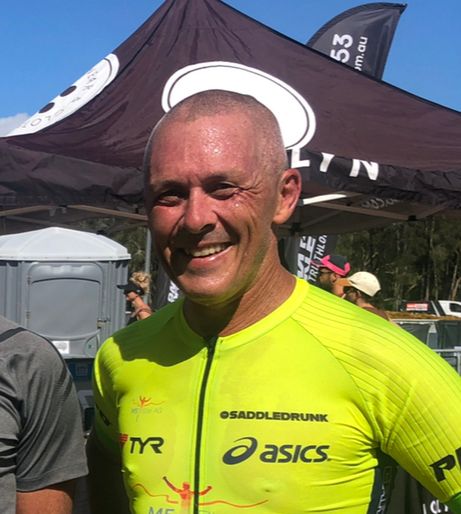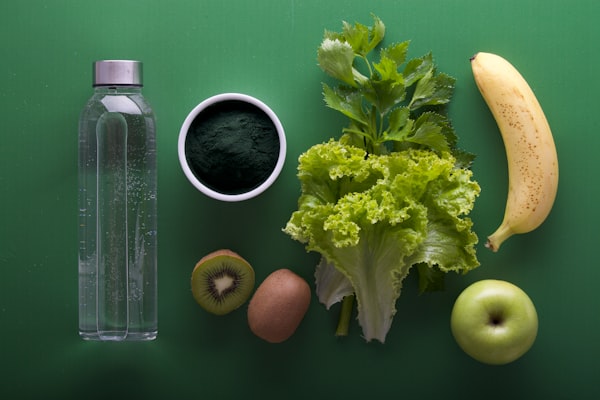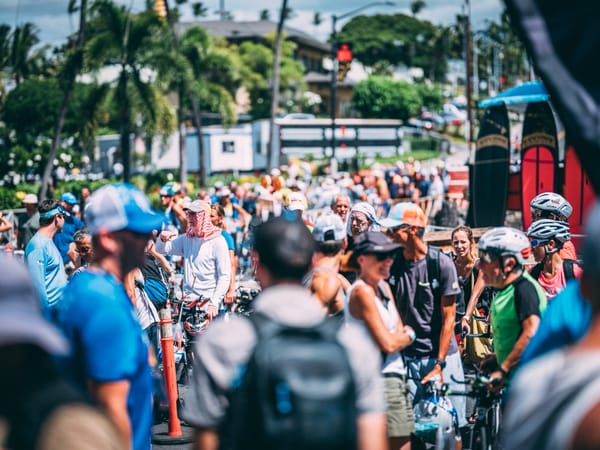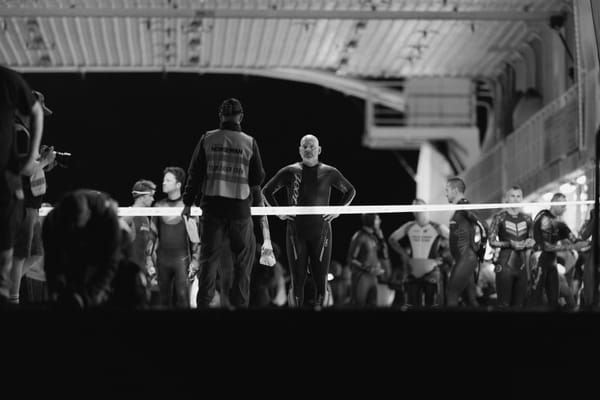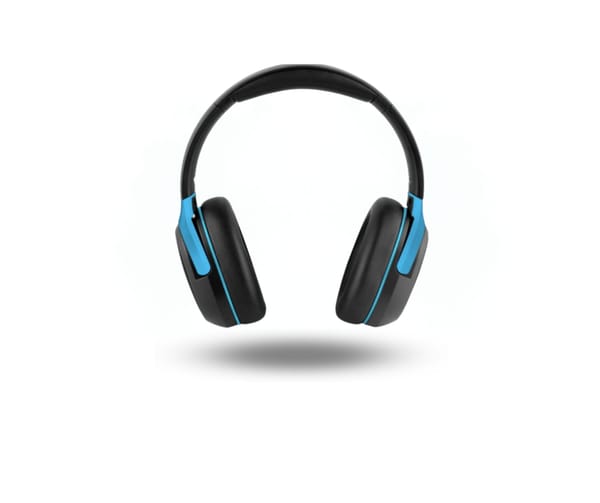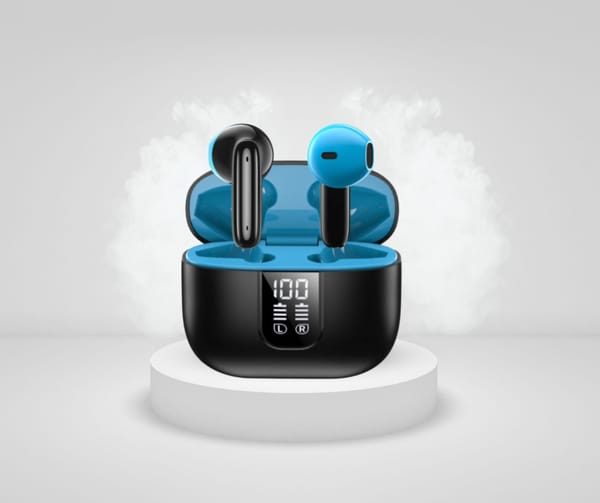It’s a commonly asked question, and one even the professionals quite often get wrong. We were asked this question a few weeks back, and consulted Dr Tamsin Lewis to clear up the answer for us.
Tamsin Lewis is a sports doctor (qualifying as a medical doctor in 2004 [MBBS HONS LON] and completing a BSc in Neuroscience and Anatomy. Lewis is also a psychiatrist, having passed her membership exams to the Royal College of Psychiatrists in 2008), and is also a professional triathlete herself.
Generally speaking if symptoms above the neck – runny nose… headache, etc… mild exercise may boost recovery if heart rate kept down and hydration up.
If light headed, or resting heart rate raised… or heart rate much higher than normal for same exercise… STOP and rest up.
If you push on through… chances are you will be OK for the session, but the bug will hang around longer and may reactivate days/weeks down the line. Immune system will be under pressure too, so chances of picking up another bug are increased.
Immune Health
We’ve all been there. Wake up, feel a bit groggy… headache kicks in, nose starts running, muscles ache. Some people seem to cruise through winter with not hint of a sniffle, but for most of us keeping on top of our immune health should be a priority this winter if we want to train consistently and get a head start on 2013 race goals.
Mild/moderate exercise boosts the immune system – but anything over 90mins can negatively affect immune system function.
What does immune health mean? Everyday we come in contact with thousands of different viruses and bacteria. Everything we touch – from a hand rail on a bus to a bathroom door handle will be covered in potentially harmful bugs. We touch things, then touch our faces. The bugs get access into bodies through mucosal surfaces – e.g nose cavity & mouth or a break in the skin. Any invading bug will quickly be thwarted in its attempts to gain access by our white blood cells, which capture the bugs and kill them before they can replicate and enter our blood stream (spreading and causing symptoms). We swallow vast numbers of bacteria and pathogens (potential disease causing bugs) everyday, but most die in the saliva or acid environment of the stomach. Some bugs are stronger than others and have evolved ways to evade our immune response, these make us unwell – until our immune system adapts and finds out a way to kill the invader. Vomiting and diarrhoea are the result of a pathogen gaining access into our systems – our body attempts to rid itself of the bug and its toxic products but increasing flow out of the gut.
Immunocompromise = A state in which a person’s immune system is weakened or absent
Travelling to new places increases out risk of developing an illness as our immune system is challenged by exposure to new bugs. Any shared environment also increases illness risk as proximity to infected individuals is higher. Some people may carry pathogens and not be symptomatic. Coming into contact with them at a time of immuno-compromise may cause you to become unwell.
Upper Respiratory Tract Infections (URTI’s) are most common. An acute bout of heavy exercise induces immune system responses, which are similar to those induced by infection. In health you will recover quickly from this, but in times of extra training or other stress these responses persist and your chances of getting unwell are much higher if the appropriate action is not taken.
Every year the cold and flu pathogens change/evolve and avoid our adaptive immune system, which recognises bugs which have previously attempted to attack us. This is why (unlike chicken pox) you can repeatedly become infected and why we can’t vaccinate against common colds. Endurance exercise and training if not properly managed can weaken our immune system. The recruitment of white bloods cells to fight off pathogens may be reduced and elevated levels of stress hormones (especially cortisol) serve to weaken the inflammatory component of the immune response and can allow pathogen entry. Even if this doesn’t result in full blown illness, once in our system bugs & their toxins cause inflammation and require energy to expunge from our bodies.
This is energy which otherwise would be optimising our muscular and hormonal recovery and adaptation from training.
Factors which increase risk of immune system suppression
- Increased intensity of exercise.
- Increased duration of exercise.
- Sleep deprivation
- Psychological stress – work/life/family
- Nutrient poor diet – inadequate zinc/vitamin C/folate and healthy fats
- Calorie restricted diets
- Low body fat percentage
- Frequent Travel – increased exposure to new/unknown pathogens
- Heavy drinking – Alcohol depletes Vitamin B levels required for energy metabolism.
- If you drink regularly consider taking a high dose B Complex Vitamin.
Boost Your Immune System And Stay Well This Winter
TIPS
Supplements: As a rule I do not advocate taking any supplement day in day our year round as it is my personal belief that the body gets lazy in absorbing nutrients from food if this is the case.
Vitamin C – Commonly heralded as protective against colds. Large scale scientific reviews suggest that taking daily Vit C is not recommended. However, may be protective against developing URTI in times of heavy training and or other physical and mental stress. Large doses 4-8g per day are needed to reduce symptoms and duration of colds and flu.
Zinc Taken in additional to Vitamin C as times of increased stress may boost immune system function. (take with food). I notice when I used to get run down I get sores at the corners of my mouth. I see many athletes with similar (especially female). Angular Chelitis – they go away if I up food/nutrient intake & supplement with Zinc.
Anti-Oxidant supplements No evidence that general supplementation with anti-oxidants boost the immune system. In addition, may prevent adaptation of muscles to training (by reducing the inflammation needed to stimulate muscles) Vitamin E may be harmful in excess and actually be pro-inflammatory. (It also is now thought to reduce adaptation to exercise training along with other antioxidants).
For more Information see the articles below:
Exception : –
Quercetin (Flavanoid)
Studies show promising immune boosting effects – also may boost mental stamina. Also studies now showing it may boost VO2Max – again worth a try. Rich Food sources = onions, apples, blueberries, curly kale, hot peppers, tea, and broccoli. Also… I like to get mine through a quality red wine 🙂
Glutamine (Often found in ‘recovery’ drinks) Immune suppression and a decrease in glutamine levels have been found in athletes undergoing intense physical training.
Supplementation before and after endurance races with glutamine seems to reduce URTI incidence in athletes. But you need to take 3-5g. (depending on body weight)
COLOSTRUM – (bovine – first milk) Contain multiple molecules that can influence how cells grow, function and repair themselves. Recent widescale review reports that taking colostrum Improves resistance to infection and boosts immunity during times of strenuous training.
I take Neovite regularly when training hard and pre-race.
Studies also show it reduces incidence of Gastro-intestinal distress experienced during exercise (especially in the heat).
See: Bovine colostrum and immune function after exercise
Probiotics Studies show Daily probiotics – Lactobacillus in particular – reduce URTI incidence in athletes. I now use and swear by this one (not sponsored by this company). Biocare Acidophilus. Related Article for reference – here.
Echinacea Reduces symptom duration and incidence of colds in SOME regular users. Use frequently. Tincture most potent. Worth a try!
Vitamin D – An article in itself! We all feel boosted by a trip abroad in the sun. Part of this is due to increased Vitamin D levels – formed by action of sunlight on a molecule in the skin. Vitamin D deficiency is ridiculously common in the countries which see very little sun for months – UK included. Supplementing with 500IU-1000 IU day is recommended. It may also boost muscle recovery and training adaptations.
Practical Tips :
Thick Vaseline in nostrils may prevent bugs taking hold (I use it on flights as air very dry and lots of people). I also take antibacterial wipes on planes and throughly wipe my environment. I may look crazy… but who cares if it helps!
I also use defence sprays – again creating a physical barrier to prevent bug entry through the nasal tract.
Sauna’s/Steam rooms raise body temperature and may help fight off illness. But keep hydrated.
My favorite home remedy for a cold (which is tried and tested!) is a clove of raw garlic in a piece of ham or cheese with a few sips of a good red wine. If you can’t bear to chew… mash well and add to a meal… cooking reduces potency. Garlic contains allicin, ajoene and thiosulfinates — three powerful compounds that help the body prevent and fight infections. I knew a particular Pro cyclist who used to juice raw garlic and have it as a pure juice. Ick! (the wine helps to release the immune boosting chemicals in the garlic). Best shared with your partner otherwise there may be some complaints!
